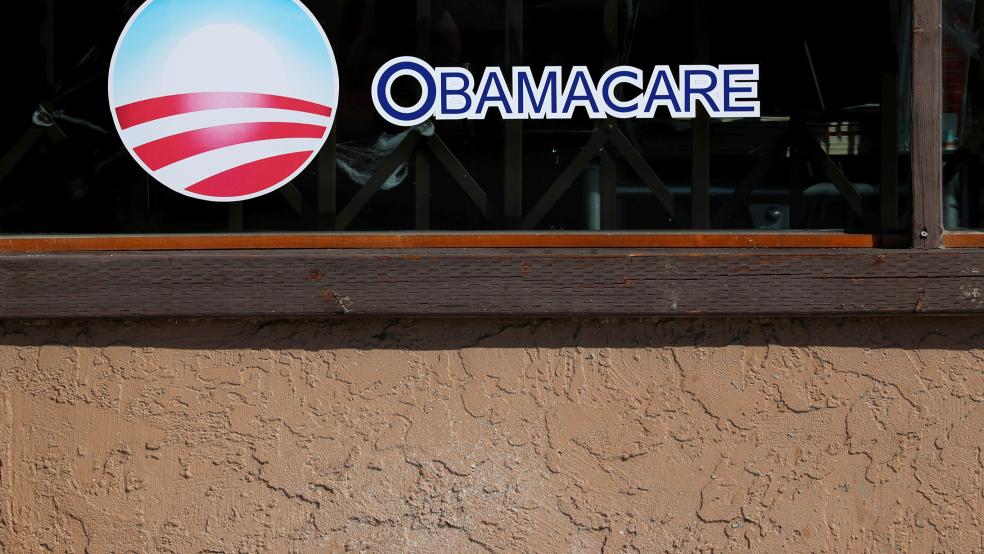Obamacare premiums will rise and coverage levels will fall if the Trump administration’s plan to expand the use of cheaper and less comprehensive insurance policies is enacted, according to a new analysis from the Urban Institute.
Last week, Health and Human Services Secretary Alex Azar announced that the administration intends to change the rules governing short-term, limited-duration insurance plans, making them available for 364-day terms, up from three months under the current guidelines.
The plans are intended to provide health insurance for people who have temporary gaps in coverage and are typically less expensive than plans available through the Obamacare markets, in large part because they do not have to provide the 10 essential benefits defined by the Affordable Care Act. By way of example, HHS said that in “the fourth quarter of 2016, a short-term, limited-duration policy cost approximately $124 a month compared to $393 for an unsubsidized ACA-compliant plan.”
In an op-ed published Friday at CNN, Azar promoted the new rules as a victory for access, affordability and choice. Criticizing Obamacare for imposing “an unprecedented level of regulation and standardization on individual-market health insurance” that resulted in higher prices, Azar said the new rules “could benefit millions of middle-class families who can't afford the premiums of Obamacare plans.”
But the expansion of choice would come at a price. The Urban Institute found that the new rules would “would increase the number of people without minimum essential coverage by 2.5 million in 2019.” And premiums would rise because healthy people would gravitate toward the cheaper plans, leaving a less healthy insurance pool for the Obamacare markets. The combined effect of expanding the use of cheaper insurance plans and eliminating the individual mandate would drive Obamacare premiums up by 18.2 percent in the 43 states that allow short-term plans. Nine states would see premiums rise by 20 percent or more.
More broadly, The Washington Post editorial board warned that the new rule would open the door to “junk insurance plans,” saying “The department’s plan would allow insurance companies to sell virtually unregulated health policies. This would signal a return to the bad old days when insurers could sharply limit benefits, impose caps on coverage and discriminate against people with preexisting conditions.”




